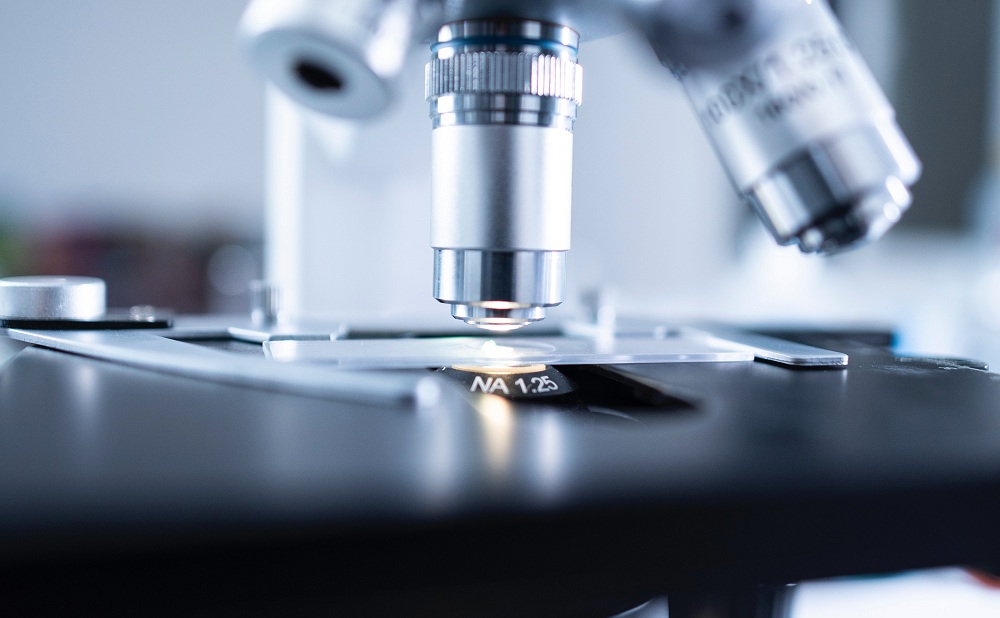Enzyme-linked immunosorbent assay (ELISA) is a widely used laboratory technique for the detection and quantification of a variety of biological molecules, including proteins, antibodies, and hormones. ELISA is an immunoassay that works by using an enzyme-labeled antibody or antigen to detect the presence of a specific target molecule in a sample.
The process of ELISA involves coating a microplate with a capture antibody that binds to the target molecule of interest. The sample is added to the plate, and any target molecule in the sample will bind to the capture antibody. An enzyme-labeled detection antibody is then added, which binds to the target molecule, and a substrate is added that reacts with the enzyme to produce a detectable signal, such as a color change.
One of the major advantages of ELISA is its high sensitivity and specificity. ELISA can detect very small amounts of target molecules in a sample, making it a valuable tool for the diagnosis of infectious diseases and the monitoring of disease progression. ELISA is also a relatively simple and inexpensive technique, and it can be used to analyze large numbers of samples at once.
However, ELISA also has some disadvantages. It can be affected by the presence of interfering substances in the sample, which can lead to false-positive or false-negative results. Additionally, ELISA requires specialized equipment and expertise to perform accurately, and it can be time-consuming to optimize the assay conditions for a specific target molecule.
An example of the use of ELISA in research is the detection of antibodies against SARS-CoV-2, the virus that causes COVID-19. ELISA has been widely used in clinical laboratories to detect the presence of antibodies in patient serum samples, indicating exposure to the virus. This information is critical for monitoring the spread of the virus and developing effective treatments and vaccines.
In conclusion, ELISA is a powerful and widely used laboratory technique for the detection and quantification of a variety of biological molecules. Despite some limitations, ELISA offers high sensitivity and specificity, making it a valuable tool in pharmaceutical research, clinical diagnostics, and disease surveillance.









